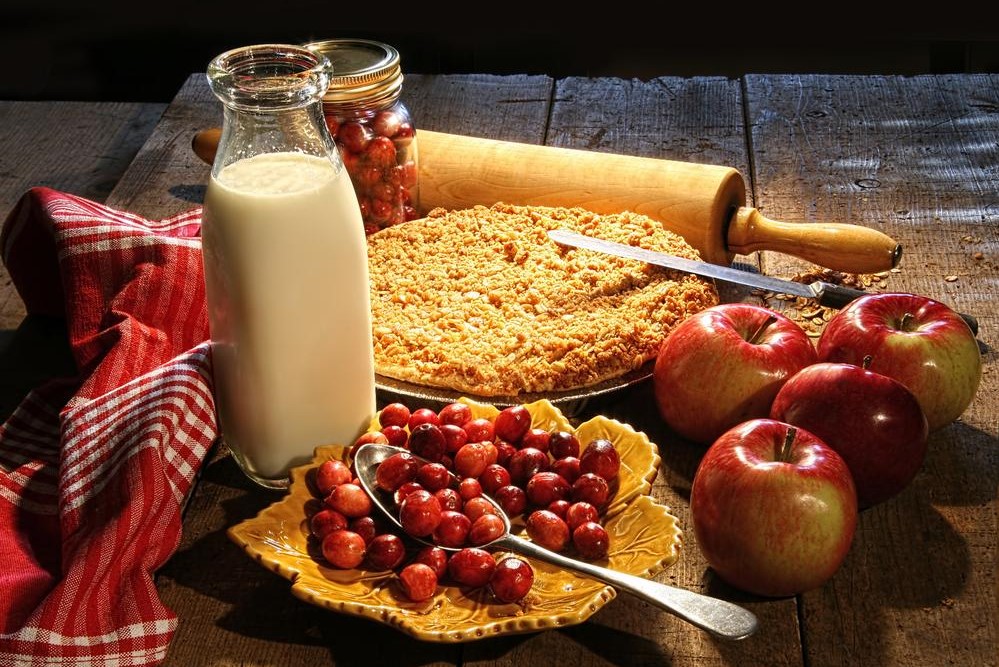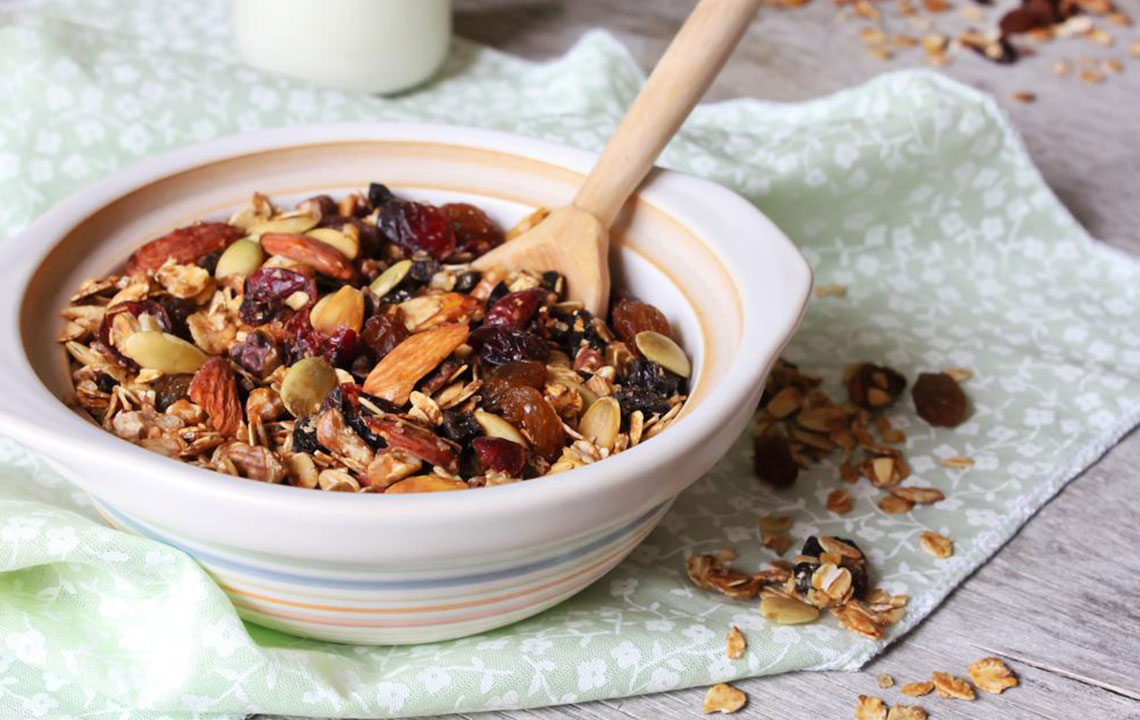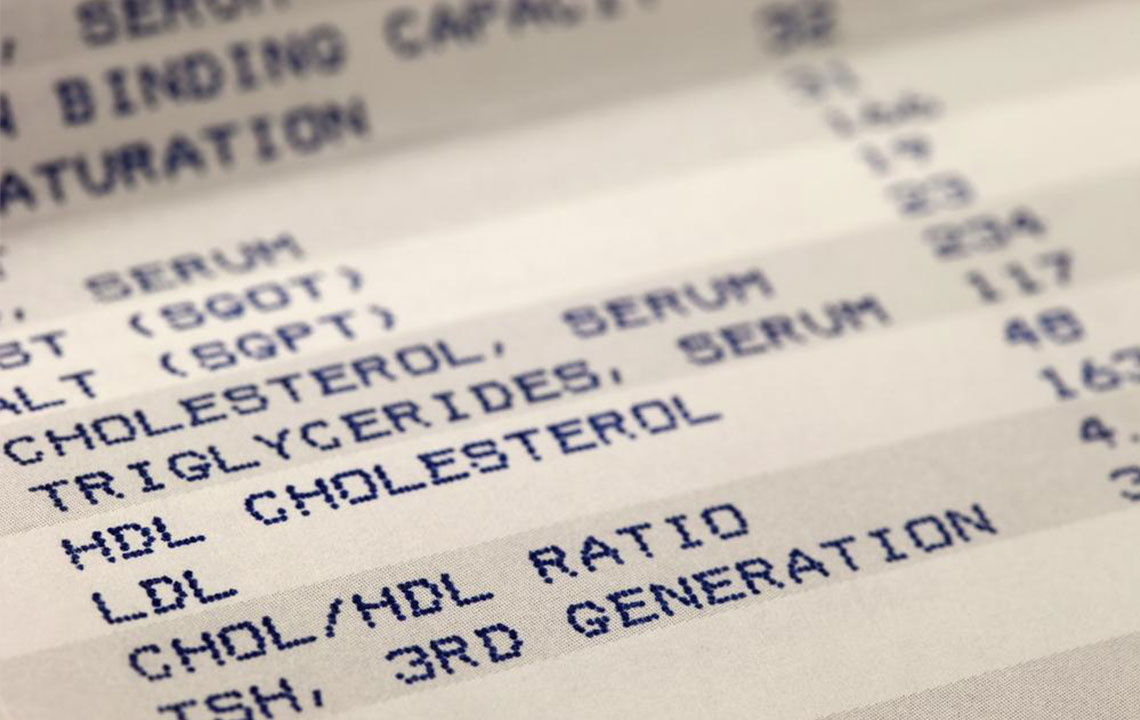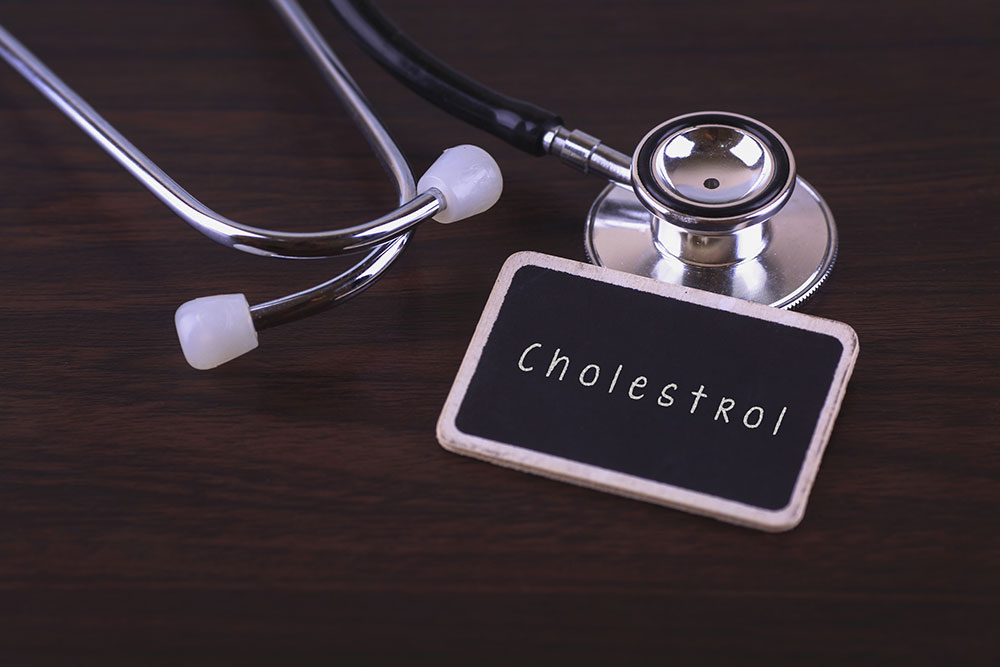Understanding Cholesterol: Prevention and Management Tips
This article explains the importance of balanced cholesterol levels, the roles of HDL and LDL, healthy fats to include or avoid, and lifestyle changes like diet and exercise to prevent heart disease. Regular testing and natural remedies support cardiovascular health, with medical advice recommended if lifestyle changes are insufficient.
Sponsored
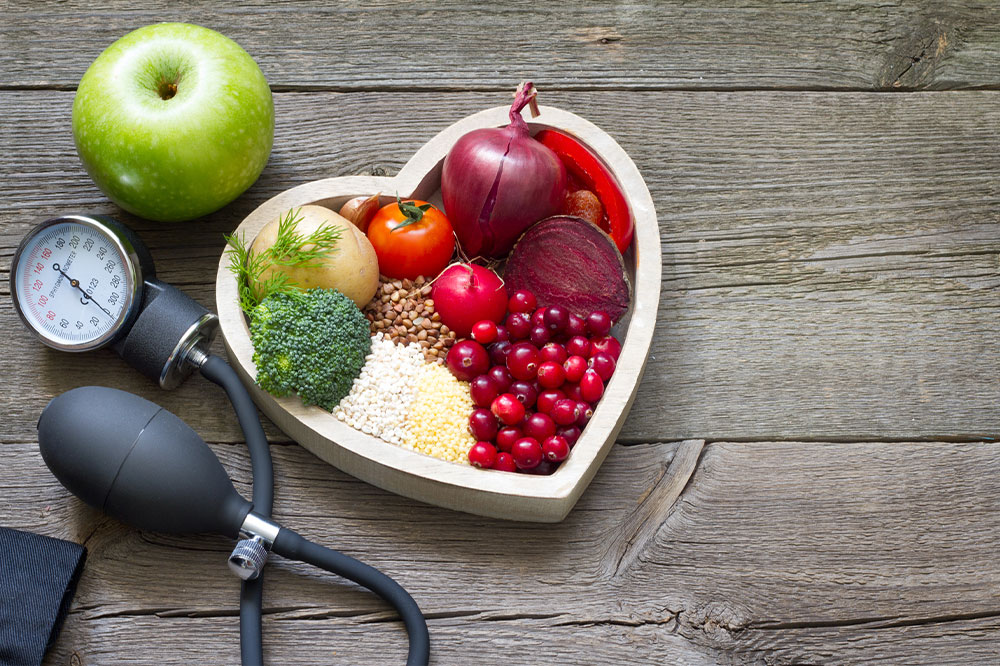
Cholesterol originates from Greek words meaning bile and solid. It’s a waxy, fat-like substance present in all body cells, essential for producing hormones, vitamin D, and aiding digestion. The body naturally produces enough cholesterol, but excess intake from certain foods can raise blood levels. Maintaining balanced cholesterol involves a healthy diet and lifestyle. Elevated cholesterol levels increase the risk of heart disease by causing artery blockages. Regular testing and managing your diet and activity are key to heart health.
Roles of HDL and LDL Cholesterol
Cholesterol is transported via lipoproteins: low-density (LDL) and high-density (HDL). Blood tests measure these levels, informing your health status. LDL, dubbed “bad” cholesterol, can cause fatty buildup in arteries, raising heart attack and stroke risks. Conversely, HDL acts as a cleanup crew, removing cholesterol from arteries to promote vascular health. Keeping LDL low and HDL high is vital for cardiovascular wellness.

Healthy Fats: What to Include and Avoid
Not all fats are harmful. Incorporate unsaturated fats found in vegetable oils, nuts, seeds, and fatty fish like salmon to support heart health. Avoid trans fats present in processed foods and limit saturated fats from red meats, dairy, and fried foods. Focus on a balanced intake to lower disease risk and improve cholesterol profiles.

Effective Lifestyle Changes for Cholesterol Control
Diet and exercise are fundamental in managing cholesterol. Increase soluble fiber intake through oats, beans, fruits, and vegetables. Eliminate trans fats by avoiding processed snacks, fried foods, and fast foods. Maintaining a healthy weight reduces strain on your heart and improves cholesterol levels naturally. Regular physical activity, such as brisk walking for 30 minutes daily, can boost HDL cholesterol levels, contributing to cardiovascular health.

Foods and Natural Aids for Better Cholesterol
Adding herbs like garlic, ginger, turmeric, and cinnamon provides antioxidant benefits and supports heart health. Moderate red wine consumption may reduce cardiovascular risks. Dark chocolate with high cocoa content supplies flavonoids that protect cells. Incorporate soy foods for lower saturated fat intake, along with olive oil, leafy greens, nuts, and fish to boost healthy cholesterol and improve overall heart health. When lifestyle adjustments aren’t enough, consult your doctor about medication options to maintain optimal levels.

